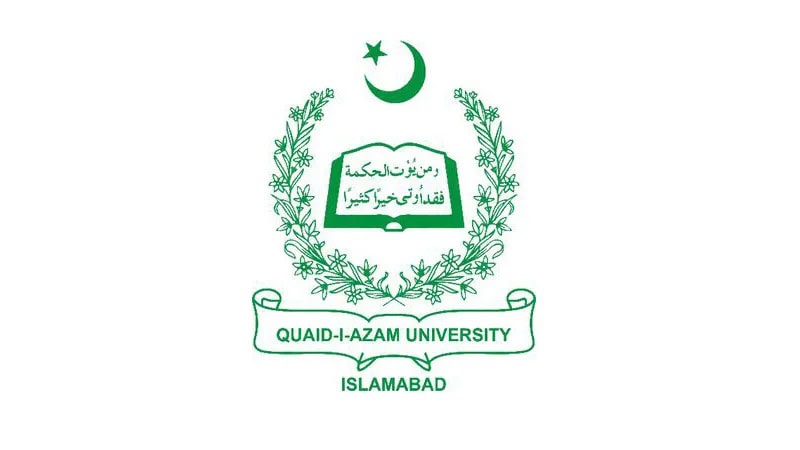QAU researchers’ team, under the supervision of Dr. Syed Sikander Azam from Computational Biology Lab at National Center for Bioinformatics, Quaid-i-Azam University (QAU) found that the herbal or senna tea has nothing to do with either the killing of virus or inhibiting infection.
Team investigated the binding potential of chemical compounds in comparison with the experimentally tested active phytochemicals against some proteins. Objective of the study was to resolve the myth and explore the role and efficacy of such tea in treating infection as it was widely circulated claim on electronic/social media.
Dr. Sikander further highlighted that the herbal tea constituents failed to act as a candidate of high ligand affinity capable of disrupting contact between the protein and receptor.
This shows that in daily routine the relational use of such tea, which is a norm in society, for various infections and consumption of such constituents under certain conditions is lethal and unintentionally held us responsible for deaths of geriatric patients particularly, via diuresis/dehydration/kidney failure, both in general and under pandemic hit situation.
Researchers have utilized advanced computational methods to identify functional molecular descriptors in medicinal-based active therapeutics and explore the binding affinities of phytochemicals vs some chemical compounds to probe the possible role of the herbal tea.
Dr. Sikander Azam said that negation of false claim through scientific research is necessary and this work is one of the preliminary attempts by conducting specific work, hints that uncertified facts should not be disseminated before time. One of the example of such case is COVID-19 and senna tea, he added. The promising computational findings recommend that use of such herbal tea without scientific curation and clarification must be discouraged worldwide.
This study is recently published in a reputed journal “PLOS ONE.” –which plays important role in removing the ambiguity and to discredit the use of said herbal tea as a whole for curing any disease without particular health profiling.
Dr. Syed Sikander Azam and his young research team comprising of Naila Zaman as main author, Nousheen, Afifa Ghulam Abbas and Rabia as coauthors are laudable, and deserve acclamation on this remarkable accomplishment.










